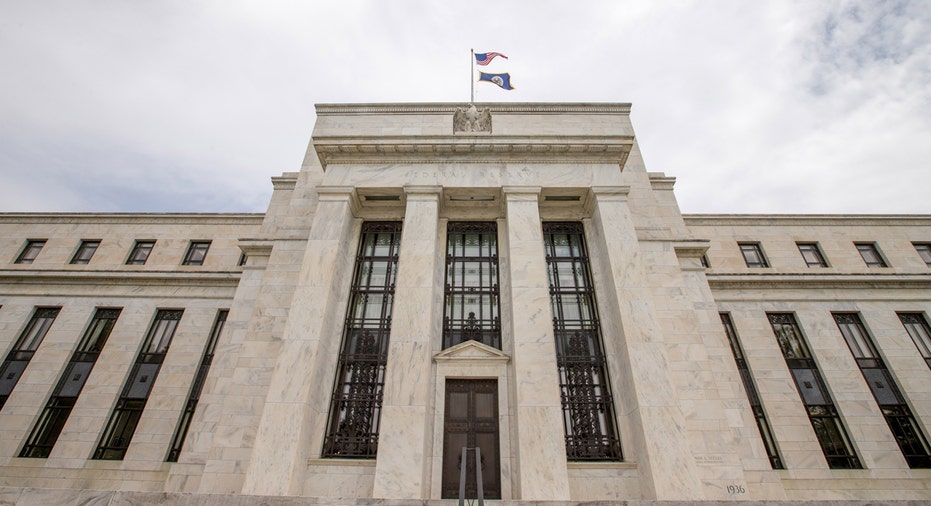U.S. Economic Policy Needs Reset: Opinion

With a new year underway and the Obama administration winding down we now focus on the 2016 election. Primaries are just around the corner and will set the tone for the New Year as the race for the White House heats up. This week FOX Business Network will host the sixth Republican presidential primary debate in North Charleston South Carolina just two days after President Obama delivers his final State of the Union address on Tuesday.
While global terrorism has become a top priority in recent weeks, the economy will be critical to voters. After all, we just went through the longest and most expensive economic experiment in modern history, and it failed miserably.
Let's take a look at some of the results of that experiment. Our national debt now exceeds $19 trillion; our current labor participation rate – at 63 percent – is the lowest it’s been in almost 40 years (not seen since the Carter administration), and when you take this into account our real unemployment rate (U6 unemployment) is hovering at about 10%; GDP (one of the primary indicators used to gauge the overall health of the economy) has grown at an anemic sub-3 percent rate for the 10th straight year, marking the slowest stretch of economic growth since the end of World War II; there are currently 47 million Americans living in poverty — the highest percentage in two decades; the share of U.S. aggregate household income held by middle-income households has plunged by 12 percent; approximately one-half million Americans are homeless, one-fourth of them children; and businesses have pulled back investment as a result of sluggish exports, lower profits and cheap oil. Making this awful report card even more troubling – all of this comes during a time when the Federal Reserve kept our short-term rate at nearly zero for seven straight years in an unprecedented effort to pump up the economy.
It didn’t have to be this way. This economic malaise was caused by the resurgence in Keynesian economics born out of a reaction to the 2008 financial crisis. The crisis gave control to “liberal progressives” who embraced Keynesian economics. Keynesian economics is based on the principle that the economic stress underlying recessions is insufficient consumer demand, and that by propping up demand with government “stimulus,” a greater utilization of economic infrastructure can create employment. Keynesian economics is named after British economist, John Maynard Keynes, who was a proponent of government spending and borrowing during economic downturns in order to artificially prop up demand. Keynes believed that we should borrow from future generations, because, as he famously said, "in the long run, we are all dead."
Over the last eight years the Obama administration, if having accomplished nothing else, has proven that Keynesian economics doesn’t work. Obama’s economic policies have been the first true test of Keynes’ theories and they have failed. Obama's harshest critics shouldn't underestimate how much of an accomplishment that truly is. Keynesian economics has been the leading economic policy of liberalism for over 70 years.
Despite the abysmal results of the worst economic experiment in modern history, the top two Democrat presidential candidates, Hillary Clinton and Bernie Sanders, have both proposed much of the same Keynesian economic policy -- spend more, borrow more, tax more and regulate more. It's as if they are tripling down on Obama's failed economic legacy.
Conversely, all of the Republican presidential candidates have proposed supply-side tax-rate cuts to stimulate economic growth. They understand that the Obama-era spending has buried us in debt. After eight years of borrowing and spending trillions upon trillions of dollars Republicans have finally had enough. The question is whether voters have.
The American people have certainly felt the devastating economic effects of Keynesian policies over the last eight years. Hopefully they recognize this election gives them the opportunity to vote in a new economic policy and finally bury Keynes (60 years after his death) not their children’s future.



















